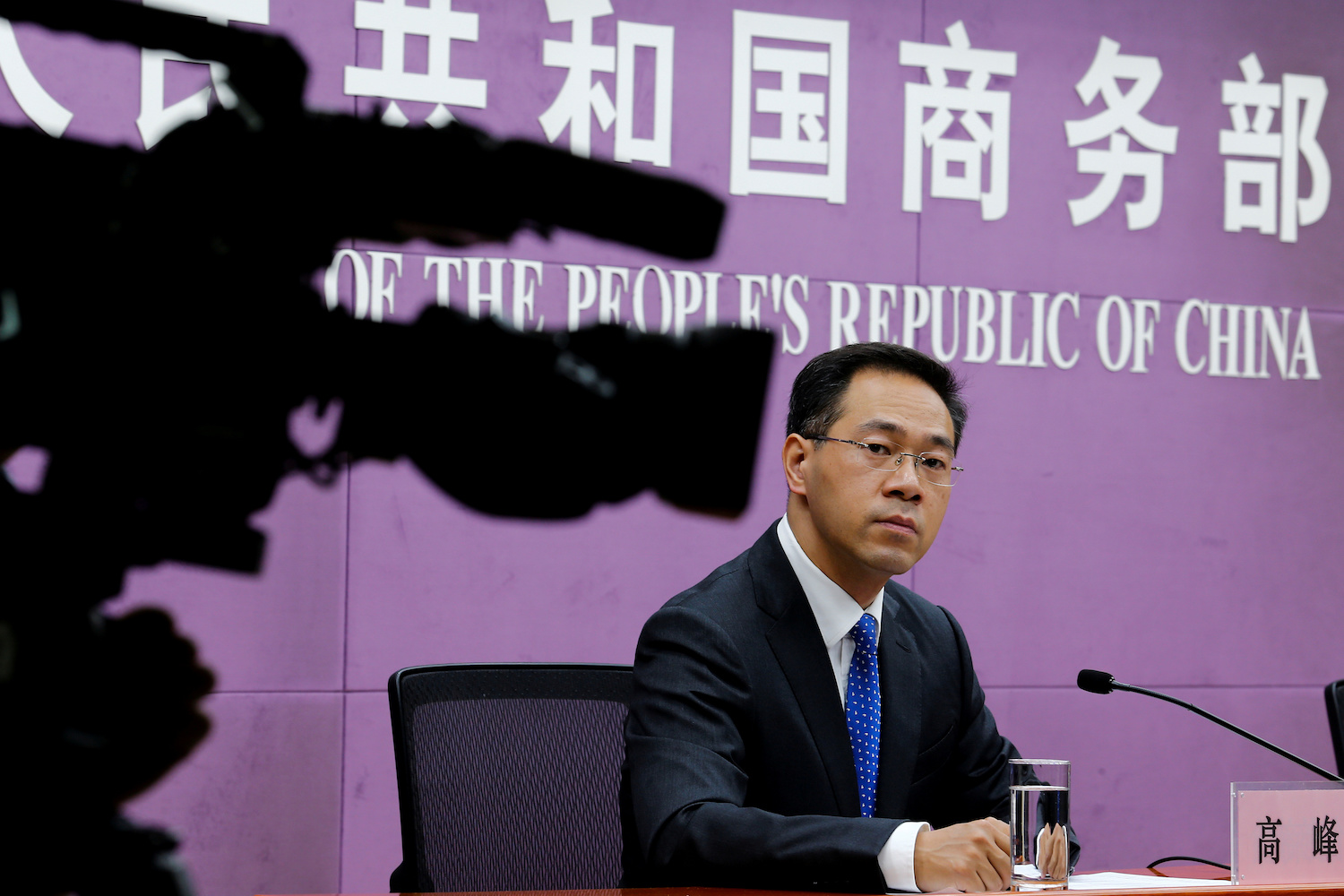(ATF) A second fatal clash on the India-China border in the Ladakh region of the Himalayas has led to the biggest ban yet of Chinese mobile apps in India.
It also led to a claim by China’s hawkish Global Times on September 1 that the Indian Army has deployed a tank regiment on the plain between Lake Spangur and Chusule, close to the location where Indian troops clashed with the People’s Liberation Army at the end of August.
A Tibetan soldier with India’s special forces was killed in the latest showdown, according to a Tibetan representative who spoke to AFP on Tuesday. Another Indian soldier had also been wounded.
It follows an ugly confrontation in June when 20 Indian troops were reportedly killed in hand-to-hand combat. The Chinese also suffered casualties, but did not reveal any details.
While argument rages over the cause of the clash, the business ramifications could be serious.
This latest drama caused the Modi government in New Delhi to impose a ban on a further 118 mobile adds in their country. Some 224 apps are now blacklisted – and new names on the list include Taobao, plus Tencent’s popular video game PUBG and over 100 others.
The reaction in China has been relatively muted so far. Chinese tech entrepreneurs interviewed by the media have mostly said they will direct their investments elsewhere.
This is assumed to be a serious international incident, which is potentially explosive, so Chinese censorship on the issue will be strong.
‘Deeper decoupling’
But some media outlets in China have said it is likely to spur a deeper decoupling of China and India’s economies.
On Thursday, September 3, Gao Feng, a spokesperson for the Ministry of Commerce, criticised the Indian reaction, saying: “China expresses serious concern about this [banning a further Chinese mobile apps] and firmly opposes it. China urges India to correct its wrong practices.”
Gao Feng said India had abused the concept of “national security” and adopted discriminatory restrictive measures against Chinese companies, violating relevant WTO rules.
He said the Chinese government always required Chinese companies trading overseas to abide by international rules and operate in compliance with laws and regulations. The relevant practices of India not only harm the legitimate rights and interests of Chinese investors and service providers, but also harm the interests of Indian consumers and the investment environment of India as an open economy.
The irony was lost on Gao that China bans almost all foreign apps in his country.
At the end of June, India’s Ministry of Electronics and Information Technology announced that 59 Chinese apps were officially banned for reasons such as protecting user privacy and national security. That initial list included TikTok, WeChat, Eggplant Express, UC Browser, Meitu, QQ And Kuaishou and other popular apps.
Only a few weeks after banning the above 59 applications, the Ministry of Electronics and Information Technology of India extended the ban to a further 47 Chinese mobile applications and said they were reviewing the remaining 275, including Alibaba’s AliExpress, Tencent’s PUBG Mobile, Xiaomi’s Zili and ShareSave, Bytedance’s Resso and ULike.
The additional 118 Chinese apps banned yesterday include Enterprise WeChat, WeChat Reading, Business Card Almighty King, Baidu, CutCut, Sina News, Mobile Taobao, Youku and others.
This is likely to be beneficial for Indian developers launching their own versions of apps such as TikTok.
Shares of Chinese gaming and social media powerhouse Tencent fell more than 2% on Thursday, with the stock trading at HK$533 in the afternoon, on track to snap two straight sessions of gain.
























